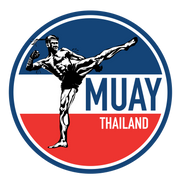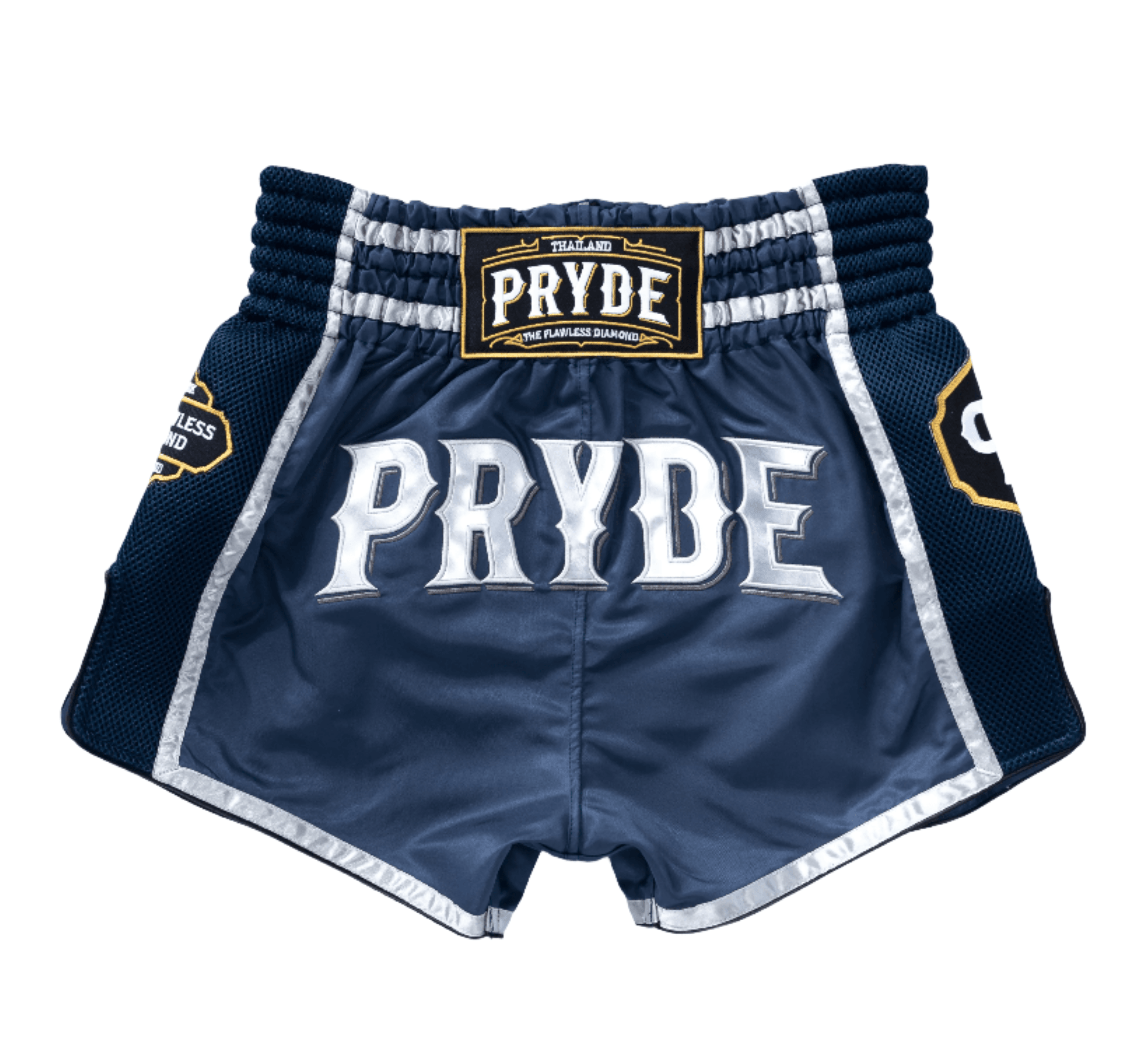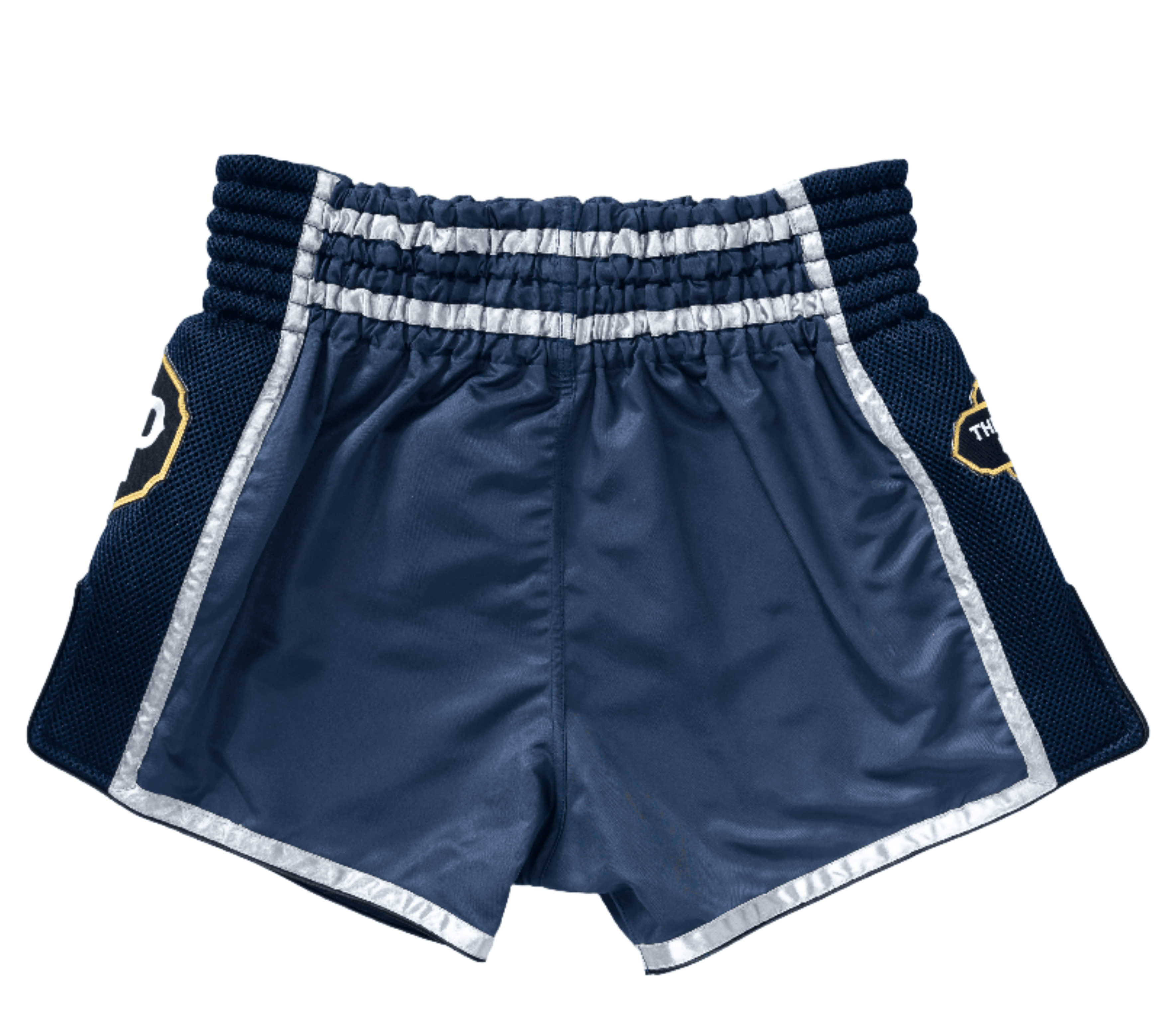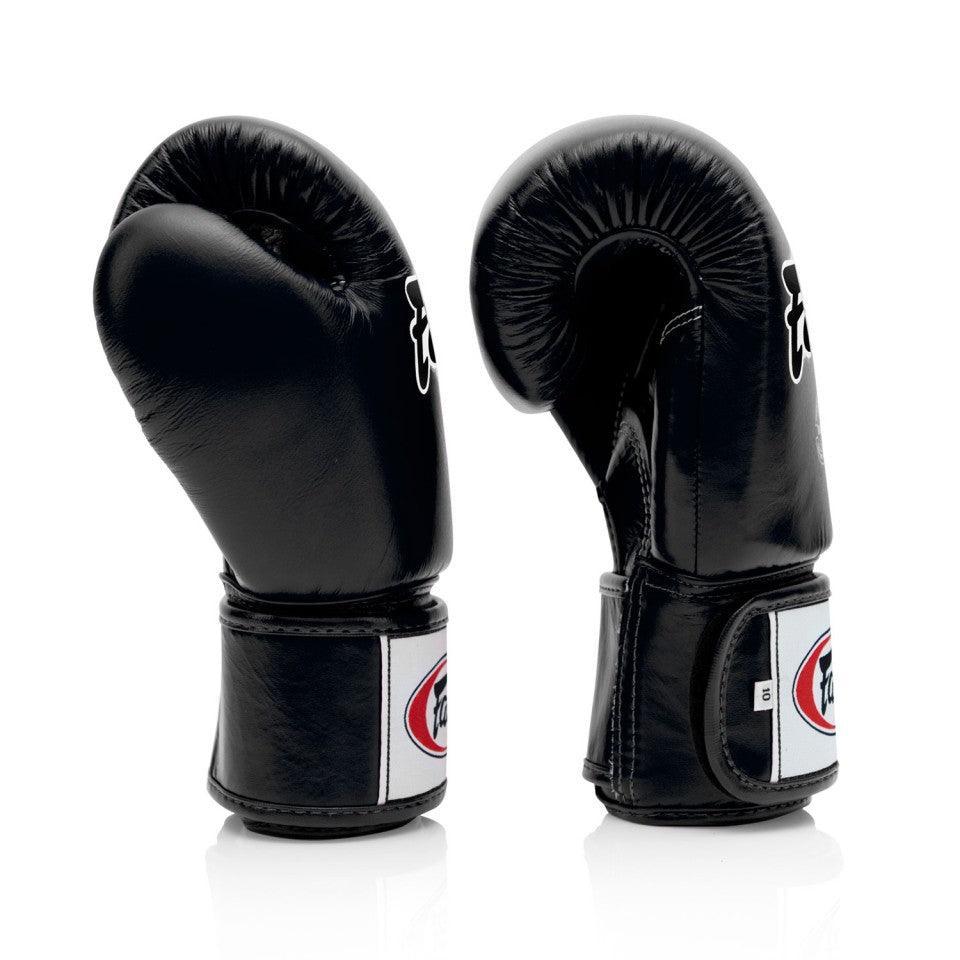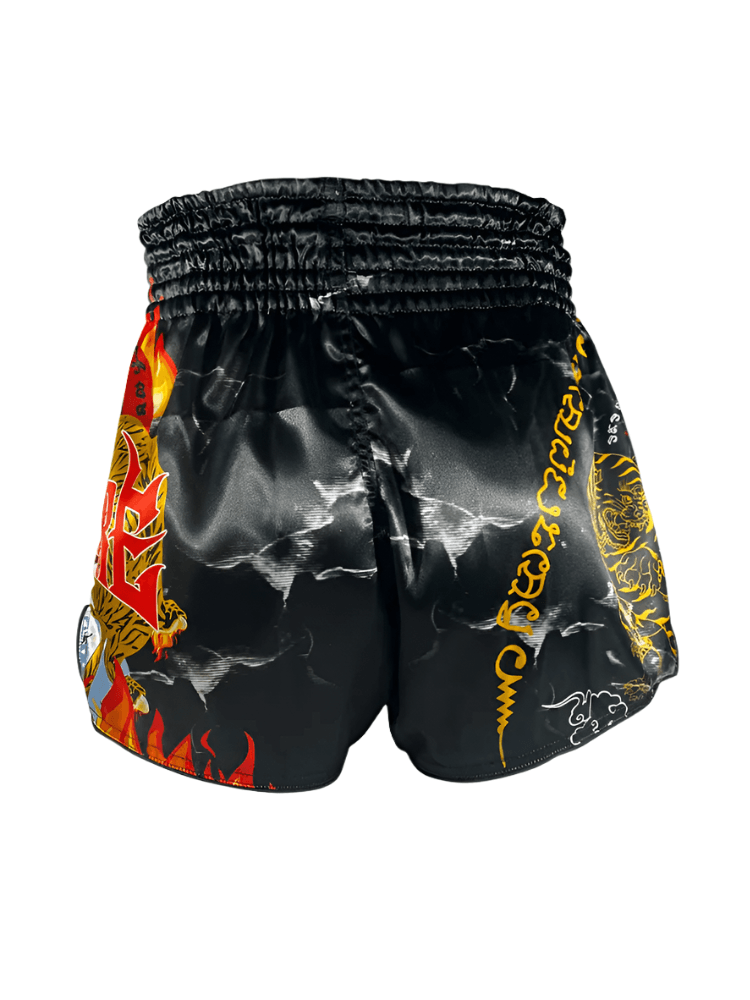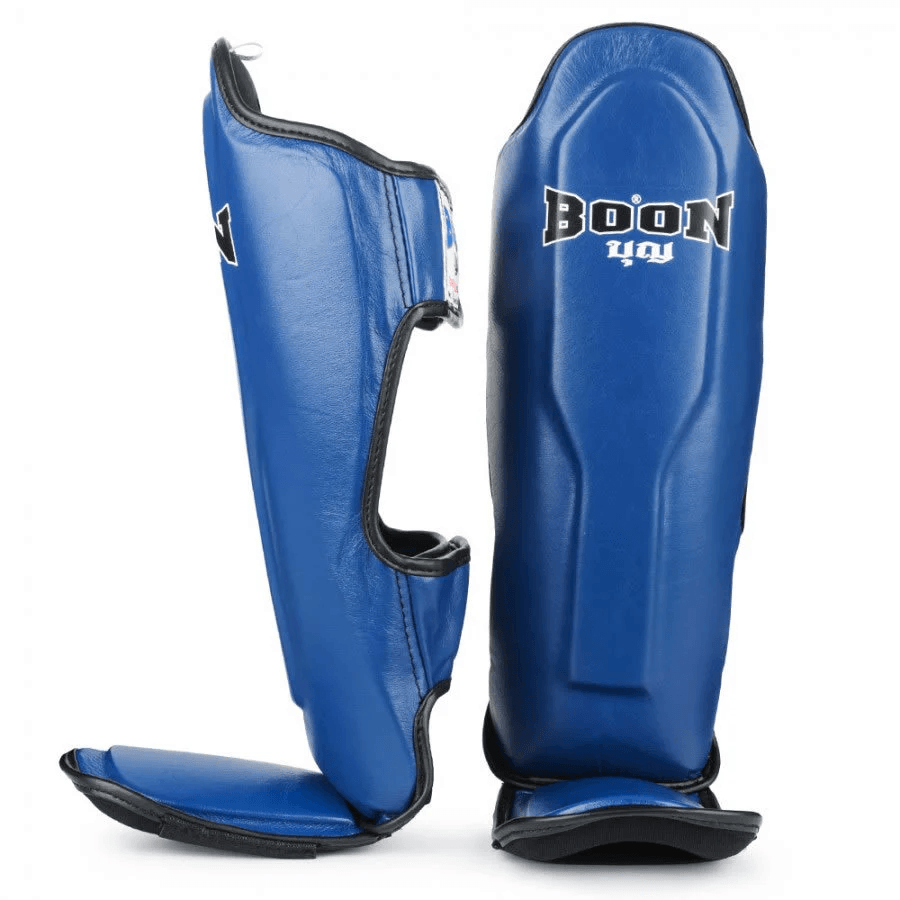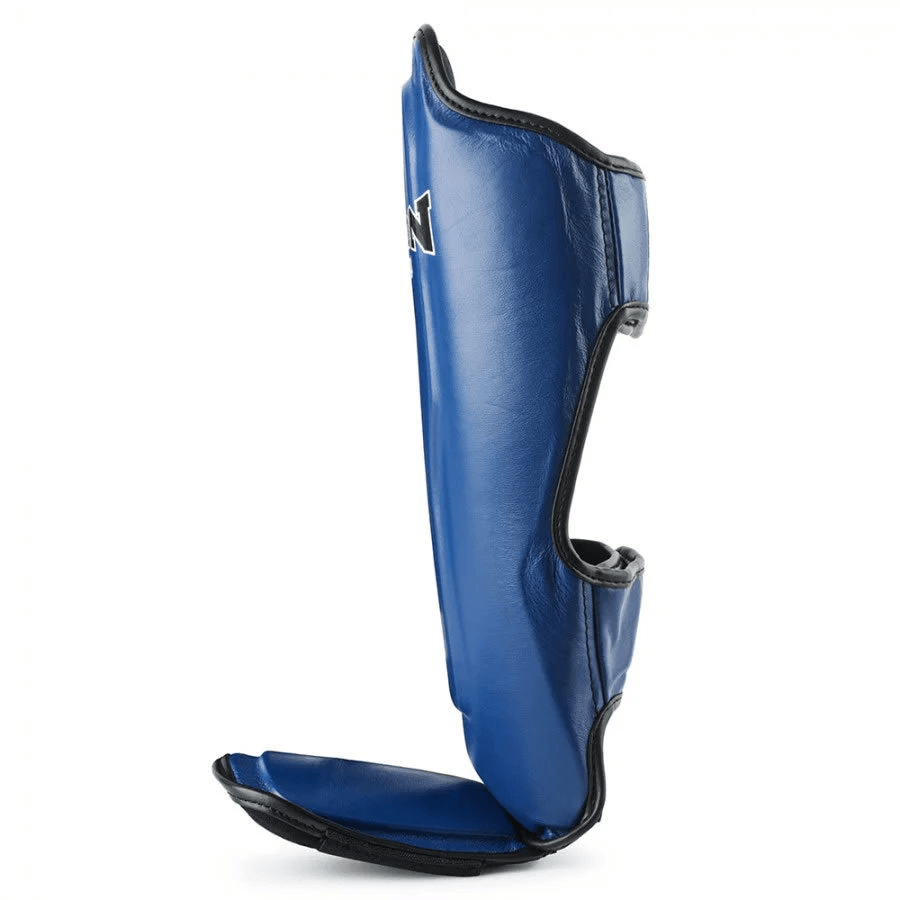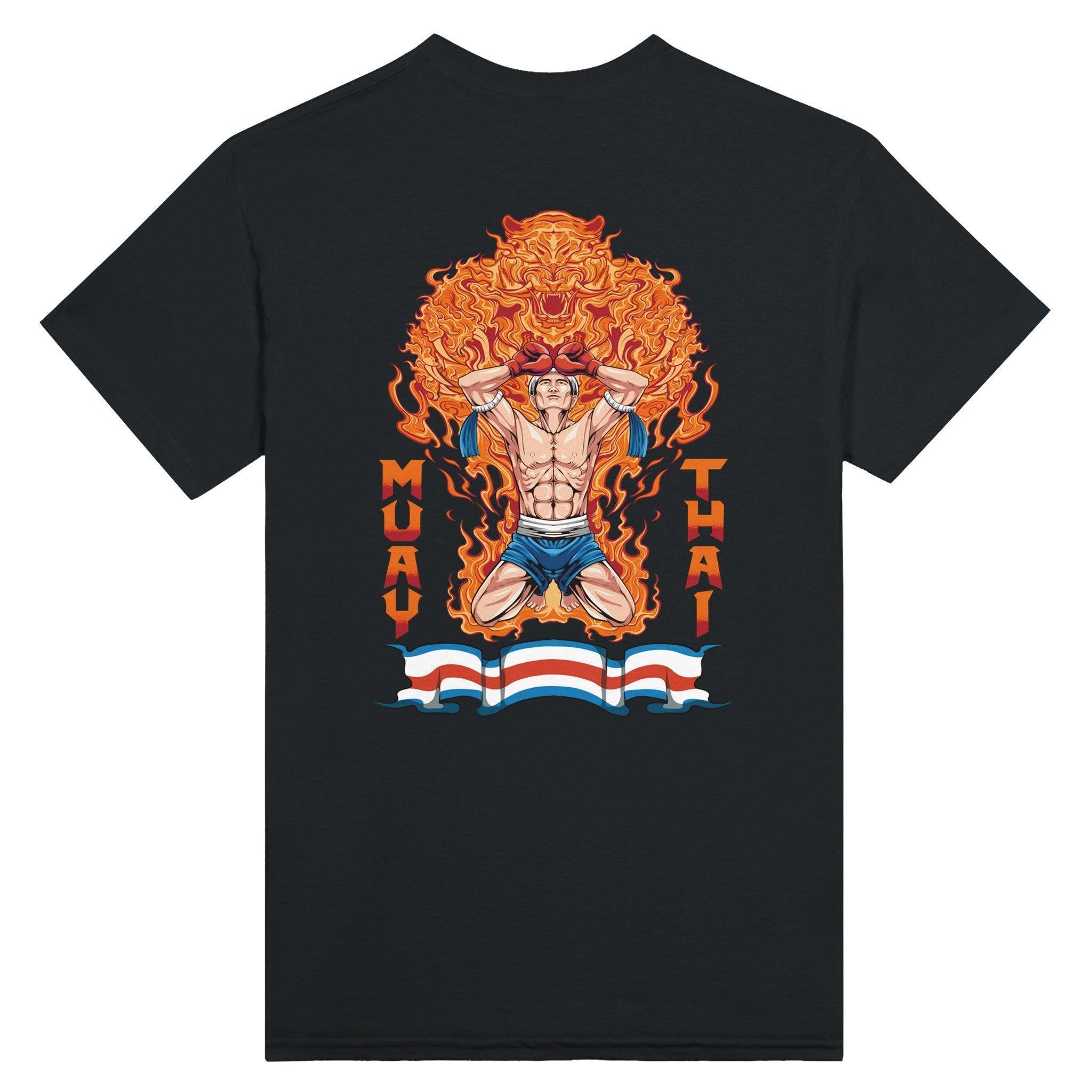Introduction
Muay Thai training is tough. It put significant strain on you both physically and mentally. Hitting pads, bags and people results in damage and potentially injury. As a result, proper nutrition is crucial for maximising both training and recovery. Good nutrition and proper levels of hydration gives you the energy needed for hard workouts, helps your muscles recover, and enables you to regularly improve.
What are the key nutritional considerations for Muay Thai fighters?
Key nutritional considerations for Muay Thai fighters include consuming adequate protein for muscle repair, carbohydrates for energy, and healthy fats for sustained endurance. Hydration is crucial, with electrolytes replenished post-training. Timing meals around workouts optimizes performance and recovery.
10 Essential Nutrition Tips for Muay Thai Fighters
In this guide we hope to empower you with tips for maximising training and recovery through proper nutrition. They don't require any specialist help to implement, but they do take care and consistency to see the benefits on your Muay Thai skills and physical shape.
1. Prioritize Protein Intake for Muscle Repair and Growth
Protein is very important for repairing and growing muscles. This makes it a key part of any Muay Thai practitioner's diet, not simple those that compete. When you train hard, your muscles can break down. Eating enough protein helps fix and rebuild those muscles, which helps with muscle growth and strength. The American College of Sports Medicine recommends that at least 10-35% of your daily intake comes from protein. When training Muay Thai regularly, it's ideal to consume 1.2-1.7g of protein per kg per day. This goes up to 2g if you're also looking to build muscle mass.
Good sources of protein are lean meats like chicken, fish, turkey, and lean beef. Eggs, Greek yogurt, and low-fat dairy can also add protein to your meals. Supplementing with protein shakes shortly after training is also helpful.
Try to spread your protein intake throughout the day. Include it in your meals and snacks. This helps your body repair and build muscle, making sure you perform your best.
2. Balance Carbohydrates for Energy and Performance
Carbohydrates are the main source of energy for your body. They are important for giving you steady energy during intense Muay Thai workouts. Not all carbs are equal though. Some can move slower through your system than others, resulting in lethargy. So it’s important to choose the right types of carbs to help you perform better.
Try to include complex carbohydrates in your meals. Foods like whole grains, brown rice, quinoa, and sweet potatoes are great choices. These complex carbs release energy slowly. This helps avoid quick rises and falls in sugar levels, which can negatively impact your training.
Try different amounts of carbs in your meals to see what works best for you. Pay attention to your energy levels. Change your carb intake as needed to make sure you have enough energy for your training sessions.
3. Incorporate Healthy Fats for Overall Health
Healthy fats are important for overall health, especially for Muay Thai practitioners. They help make hormones, support how our cells work, and give us concentrated energy.
You can add healthy fats to your meals by using avocados, nuts, seeds, and olive oil. Fatty fish like salmon, tuna, and mackerel are great sources of omega-3 fatty acids. These fats help reduce inflammation and are good for your joints - something you want to pay particular attention too given the impact of Muay Thai training on your joints.
Just remember to watch your portion sizes. Fats have a lot of calories. That's not to say calories are bad (they really aren't), but if you're looking to maintain a weight level or lose weight, you'll need to be mindful of your intake. By using a moderate amount of healthy fats in your meals, you can enjoy their benefits without going over your calorie limit.
4. Stay Hydrated with Water and Electrolytes
Proper hydration is critical to overall health, not just effective training and recovery. Even a little dehydration can affect how well you perform, your strength, and your endurance. The more dehydrated you are, the more fatigued you'll be and the greater negative impact on your cognitive ability. Drinking water helps control body temperature, moves nutrients, and gets rid of waste.
Keep a water bottle with you during the day. Take small sips often, especially while training. You also lose electrolytes like sodium, potassium, and magnesium when you sweat. It's important to refill these, especially after tough workouts. Electrolyte tablets or powders are especially useful for this.
Think about drinking electrolyte-rich drinks, coconut water, or taking electrolyte supplements. This is key for staying balanced, especially in hot and humid weather (e.g. in Thailand) where you might sweat more.

5. Optimize Meal Timing for Training and Recovery
Strategic meal timing can boost your energy levels, help you recover muscles, and improve how your body uses nutrients.
Eat a balanced meal with carbohydrates, protein, and healthy fats 2-3 hours before a training session. This will give you steady energy. The closer you eat a big meal to training, the more it will play on your stomach. That said, if you're hungry at least an hour before training, a light snack will can have a positive impact.
After your workout, focus on having a meal or snack that is high in protein and carbohydrates. This helps to refill your energy stores and aids muscle repair.
Try different meal times before and after your workouts to see what works best for you. The aim is to give your body the right nutrients at the right time for optimal training and to maximize the recovery process.
6. Embrace a Variety of Vegetables and Fruits
Vegetables and fruits have a range of benefits. They are full of essential vitamins, minerals, antioxidants, and fiber. Adding different types of these colorful foods to your meals can help improve your overall health and boost your training results.
Many studies encourage you to fill half your plate with vegetables at every meal. You can choose from leafy greens, root veggies, cruciferous vegetables, or colorful peppers. Fruits give you natural sugars for energy, antioxidants for cell protection, and important vitamins and minerals.
Try to enjoy seasonal fruits and discover new kinds to keep your meals interesting. The more colorful your plate is, the more nutrients you provide for your body.
7. Limit Processed Foods and Sugars
Processed foods and added sugars do not give much nutritional value. They can slow down your progress by adding empty calories and raising blood sugar levels.
Try to reduce your intake of packaged snacks, sugary drinks, fast food, and processed meats - especially anything that is ultraprocessed. These foods are often loaded with unhealthy fats, sodium, and artificial ingredients. They can harm your health and affect your performance.
Instead, choose whole, unprocessed foods that will nourish your body and help your training goals. By picking options that are rich in nutrients, you give your body the fuel it needs to perform well.
8. Consider Supplementation for Nutritional Gaps
A balanced diet should be your main source of nutrition. However, it's not always easy to maintain. Using supplements can help fill in any gaps. This is especially helpful if you have diet restrictions or if your training schedule is frequently intensive, making it hard to get everything you need.
Taking a daily multivitamin can help you get important vitamins and minerals. A protein shake can also be an easy way to increase your protein intake, especially after workouts.
It is a good idea to talk to a qualified sports nutritionist or a healthcare professional. They can help you decide if supplements are right for you. They will look at your diet, training routine, and health history to make a tailored plan just for you.
9. Adapt Your Diet to Weight Class Requirements
Maintaining the right weight class is very important for Muay Thai fighters. Food choices play a big part in this. Your diet will change based on how your body works, how hard you train, and your weight goals.
If you're at a pro level and feel lacking in this area, it's a good idea to team up with a nutritionist or a coach. They can help create a meal plan just for you, taking into account the number of meals that match your training schedule and nutritional needs. They can guide you on how to change your calorie intake and balance nutrients. This way, you can manage your weight without hurting your performance.
Be careful with very low calorie diets. These can cause nutrient shortages and hurt your energy levels and training ability. It's best to manage your weight gradually and in a way you can keep up.
10. Learn from Professional Muay Thai Fighters’ Diets
Professional Muay Thai fighters have great ideas for eating well to improve performance and support their metabolism. By looking at what they eat, anyone can learn how to keep energy levels high and stay healthy. These fighters focus on whole grains, healthy fats like olive oil, and lean meats to create a balanced diet. They eat foods such as brown rice, sweet potatoes, and drink protein shakes to help build muscle and boost energy production. By following their approach to essential vitamins and nutritional needs, you can also greatly improve your healthy eating habits.

Understanding the Role of Macronutrients in Muay Thai Training
Macronutrients are proteins, carbohydrates, and fats. They are very important for a healthy diet. Each one supports your Muay Thai training in its own way.
When you know how each macronutrient helps you, it becomes easier to choose the right foods. This will boost your workouts, help you recover better, and improve your overall performance.
The Importance of Proteins, Carbohydrates, and Fats
Proteins are key for building and fixing muscle tissue. This is important for anyone that trains Muay Thai, especially those that train for extended periods or compete. Proteins help your muscles recover and grow. They make sure your body is ready for the sport.
Carbohydrates are your main source of fuel. They give you the energy needed for tough workouts. Carbs break down into glucose, which your muscles use right away. They are also stored as glycogen for longer-lasting energy.
Fats are important for making hormones and for cell functions. They help absorb vitamins that dissolve in fat. Fats provide concentrated energy and help keep you healthy overall.
Crafting the Perfect Pre- and Post-Workout Meals
Planning your pre-workout meals and post-workout meals is important for your training and recovery.
You should eat a pre-workout meal 1-3 hours before your training session. This meal should have a good mix of carbohydrates for energy, protein to protect your muscles, and a little healthy fats to keep you full. This mix will help maintain energy production during your workout.
After you finish your workout, your body needs help. You have to refill glycogen stores and repair muscles. So, eat a post-workout meal within 30-60 minutes. It should contain protein for muscle repair and carbohydrates to restore energy.
Hydration Strategies for Muay Thai Fighters
Staying hydrated is very important for all athletes. When training Muay Thai, it is even more critical because the sport is so intense. Drinking enough water helps your body perform well, keeps your temperature stable, and helps you recover.
By using good hydration methods, you can keep your fluids at the right level during training. This can boost your performance and help you recover better.
Calculating Your Fluid Needs
Determining your fluid needs is important for staying hydrated. Everyone has different needs based on factors like body weight, activity level, climate, and how much they sweat.
A good guideline is to drink 6-8 glasses of water per day. If you are training hard or in hot weather, make sure to drink more fluids.
You can check your hydration by looking at the color of your urine. Pale yellow urine usually means you are well-hydrated, while darker urine could mean you need to drink more water.
Signs of Dehydration to Watch For
Recognizing the signs of dehydration is important. It can help you act quickly and avoid more serious issues. While training, pay attention to what your body is telling you. Catching signs early can help you stay hydrated and perform well.
Common signs of dehydration are feeling thirsty, having a dry mouth, feeling tired, having a headache, feeling dizzy, getting muscle cramps, and not urinating much. If you feel any of these, make sure to drink more fluids.
Severe dehydration can be serious and may need a doctor’s help. If you have a fast heartbeat, confusion, fainting, or don’t sweat, get medical care right away.

Supplementing Your Muay Thai Diet
A good, balanced diet full of nutrients should be the base of your eating plan. However, supplements can help improve performance, fill in nutrition gaps, and help you recover better.
It's important to use supplements carefully. You should talk to a qualified healthcare professional or a sports nutritionist if you're unsure. They can help you decide which supplements are right for you and your goals.
Recommended Supplements for Enhanced Performance
Some supplements are popular among Muay Thai fighters. They may help improve performance, support recovery, and promote overall health.
Creatine is a natural compound that gives energy to muscles. Taking creatine supplies energy to your muscles and could also benefit brain health.
Protein shakes are an easy way to get more protein, especially after workouts. They help with muscle repair and growth.
Other useful supplements for Muay Thai fighters include omega-3 fatty acids, which can reduce inflammation, branched-chain amino acids (BCAAs) that support muscle recovery, and glutamine, which helps with immune support.
Natural Foods vs. Supplements: Balancing the Equation
Whole, natural foods should be the main source of nutrients for you. They have many vitamins, minerals, antioxidants, and fiber that work together to help your health.
Supplements are meant to add to a healthy diet, not take its place. They can help with specific nutrition gaps or support training goals. However, do not depend on them instead of good eating choices.
Talk to a registered nutritionist or a healthcare professional for the most complete information specific to your needs. They can help you find a good mix of natural foods, enzymes, and supplements for your needs. They will look at your food intake, training activities, and health history to create a personal nutrition plan. This plan will help your performance and overall health.
Common Dietary Mistakes to Avoid
Despite good intentions, it's simple to make common diet mistakes that can slow down your progress and hurt your Muay Thai training.
If you know these mistakes and use plans to avoid them, you can improve your nutrition. This way, you can boost your workouts and support your overall health and well-being.
Overlooking Micronutrient Intake
While it's common to focus on macronutrients like proteins, carbs, and fats, we should not forget about the importance of micronutrients. Essential vitamins and minerals, although needed in smaller amounts, are very important for many body functions. These include energy production, immune health, and recovery.
For instance, iron helps carry oxygen, which is key for endurance and performance. Calcium is important for strong bones that endure the impacts of Muay Thai training. Zinc supports the immune system, keeping you healthy and aiding your recovery.
That's not say you need to measure and keep track of all the detail. Just make sure you eat a variety of fruits, vegetables, lean proteins, and whole grains. This will help you meet your micronutrient needs. If you worry about your intake, talk to a nutritionist or healthcare expert.
Neglecting Proper Hydration Practices
Staying hydrated is very important for Muay Thai fighters. Many people often forget how much fluid their bodies need, especially during tough training. Good hydration practices mean more than just drinking water. You need to actively replace fluids and electrolytes lost when you sweat.
Set a regular water intake schedule throughout your day. Drink small amounts of water often, even if you don’t feel thirsty.
Keep in mind that things like weather, altitude, and how much you sweat can change how much fluid you need. Change your water intake as needed. This helps you stay hydrated and improves your training performance.
Summary
In conclusion, good nutrition is very important for improving performance and recovery for Muay Thai fighters. Focus on getting enough protein for muscle repair. Balance carbohydrates to provide energy. Also, drink plenty of water and electrolytes to stay hydrated. It helps fighters make the most of their training. Eating a range of fruits and vegetables is crucial, and try to limit processed foods and sugars. Moreover, adjust your diet based on your weight class. Learning from professional fighters can offer useful tips too. Remember, proper nutrition is key for success in the ring. It helps fighters perform at their best. Fuel your body well and you can enjoy the sport to its fullest!
